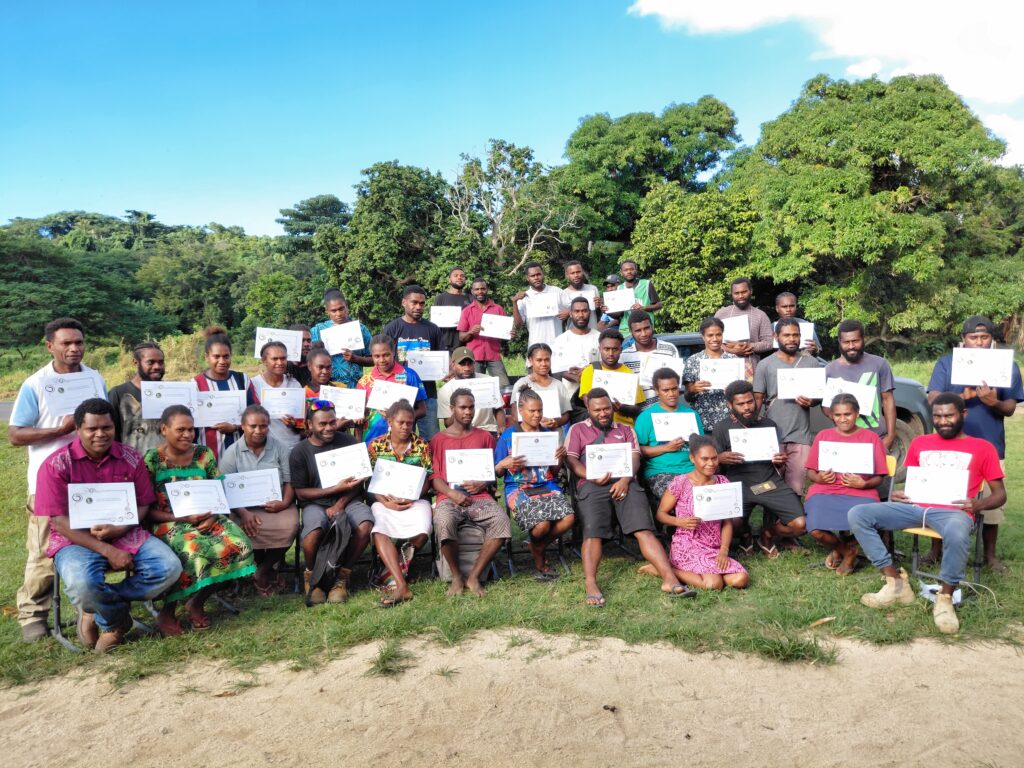In Vanuatu, solar is a vital source of access to electricity, but there is often limited local capacity to repair these products and systems when they break down. On June 23, 2025, we proudly launched the first Fixim Sola Vocational Training Program on Tanna Island in Vanuatu’s Tafea Province. Over two weeks, 48 local technicians across 11 area councils developed hands-on solar repair and maintenance skills, as well as access to tools and spare parts. In this blog post, we offer a snapshot of the launch and early progress post-training.
Launch Day Highlights
The West Tanna Area Council in Lenakel hosted the launch, with officials from the Provincial and Area Councils joined by partners from the Vanuatu Institute of Technology (VIT), Department of Energy (DoE), Vanuatu Skills Partnership (VSP) and UNSW. After the formalities wrapped up, the teaching team got to work! We began with activities to gauge everyone’s current confidence and clarify what they hoped to gain from the program.
As inter-island travel in Vanuatu can be complex—and heavily dependent on fickle weather—it took a few days for all 48 participants (from Tanna, Erromango, Futuna, Aniwa and Aneityum) and our trainers (travelling from Efate) to assemble. Even so, the training room was buzzing with enthusiasm from day one, and engagement stayed high through the more theory-heavy modules on electrical basics and how solar systems function. Notably, reflecting Fixim Sola’s commitment to gender and disability inclusion, there were 18 female participants and 4 participants with disability.
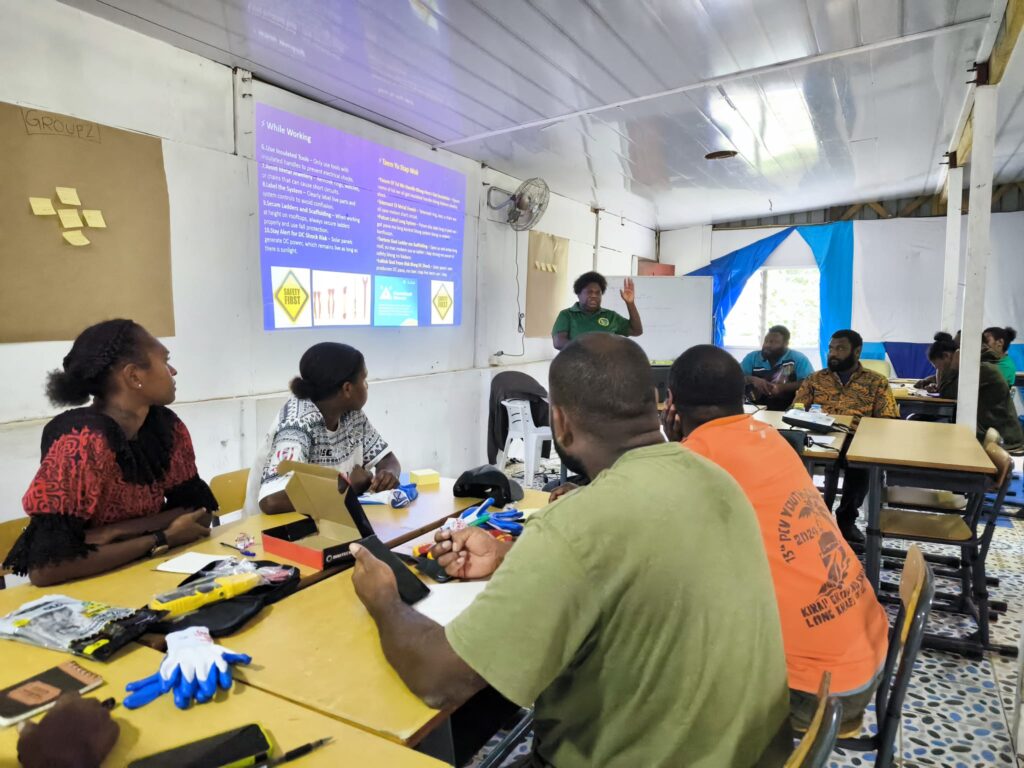
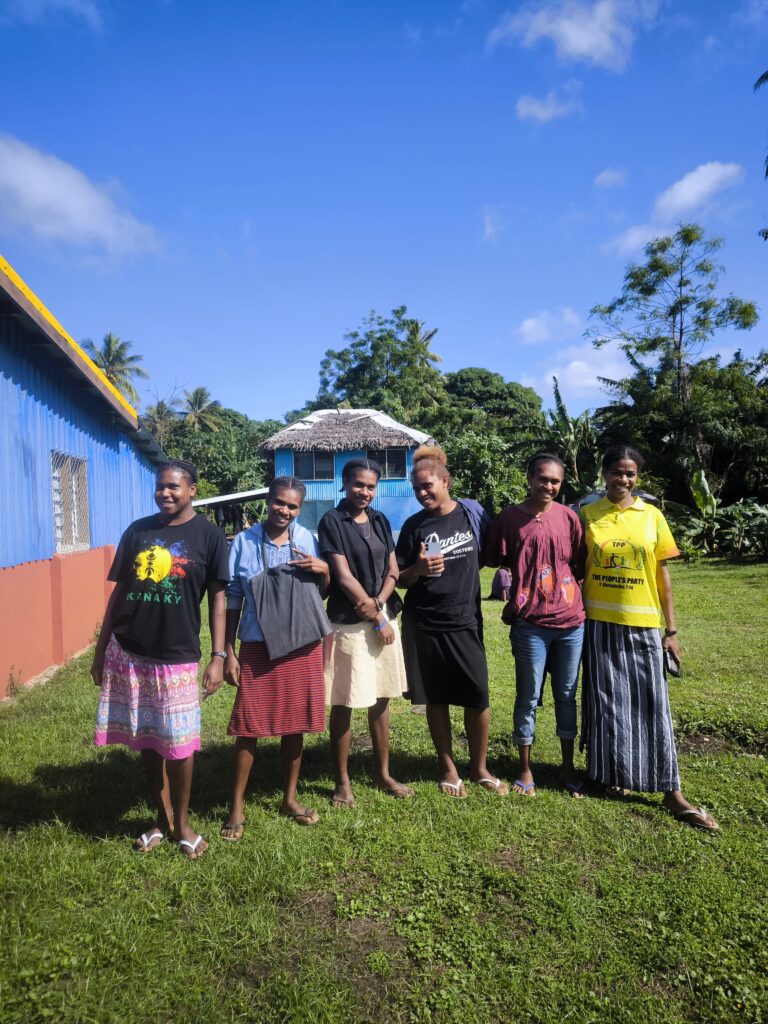
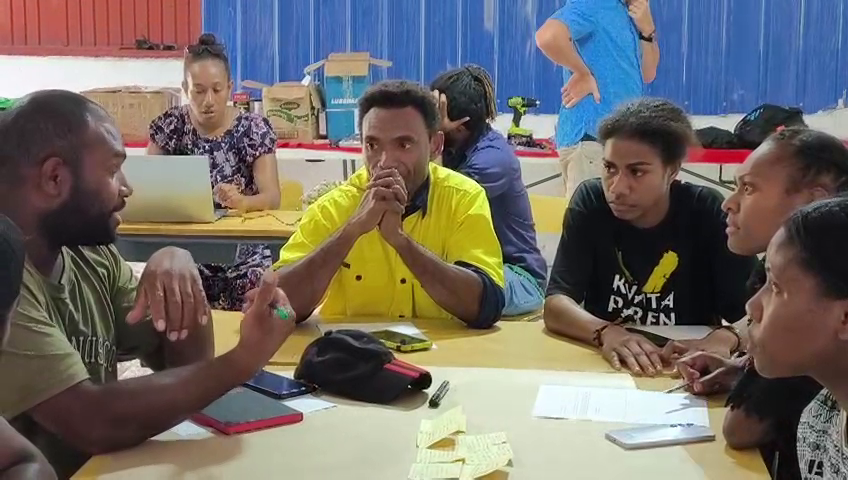
This 10-day training program focused on building the capacity of community members across Tafea province and establishing “repair hubs” within the Area Council Offices. These repair hubs would serve as focal points for trained technicians to access tools and spare parts, and eventually, collection points for solar e-waste.
The program spanned the full spectrum of off-grid solar setups in Vanuatu—from simple lanterns to plug-and-play kits and larger modular arrays. Participants jumped into hands-on workshops to master essential tools, explore different system designs, diagnose common faults, and tackle critical tasks like rewiring and soldering, which proved a big hit. To bring these skills into a real-world context, we also organised field visits so trainees could see firsthand the maintenance and repair challenges in local communities.
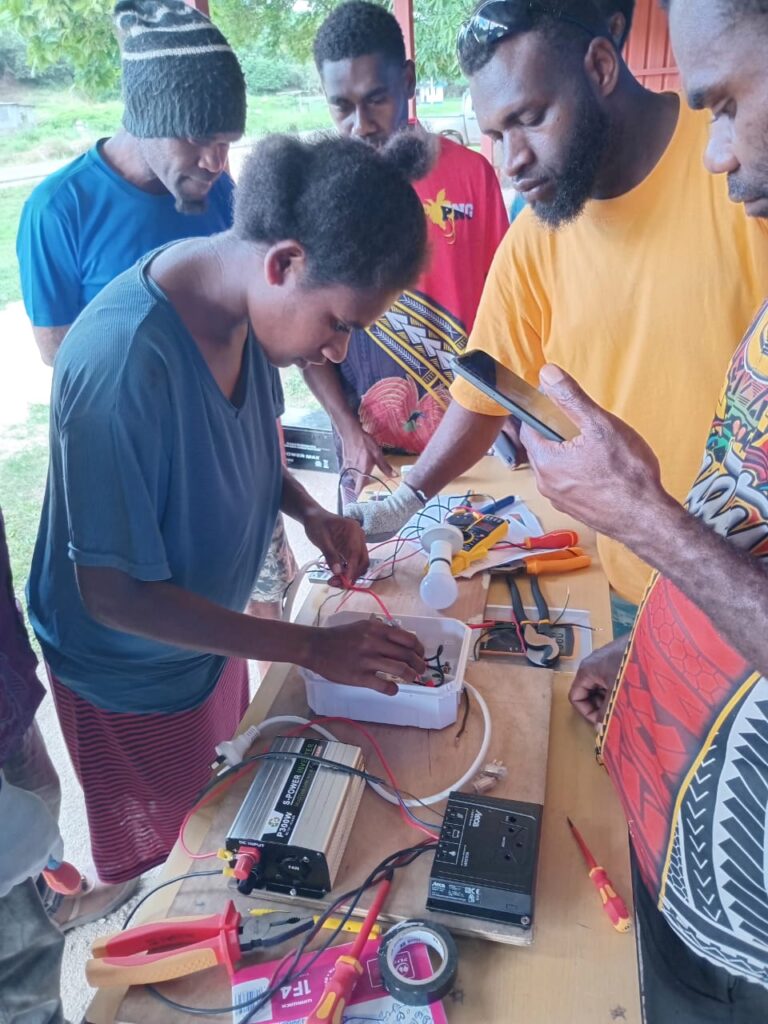
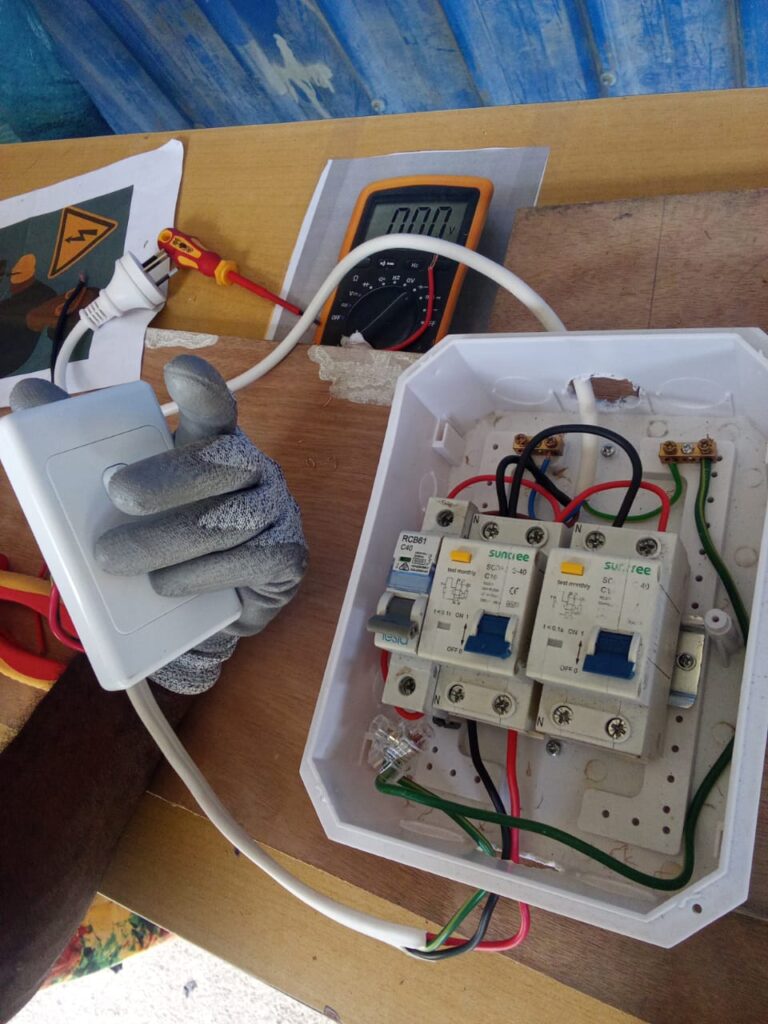
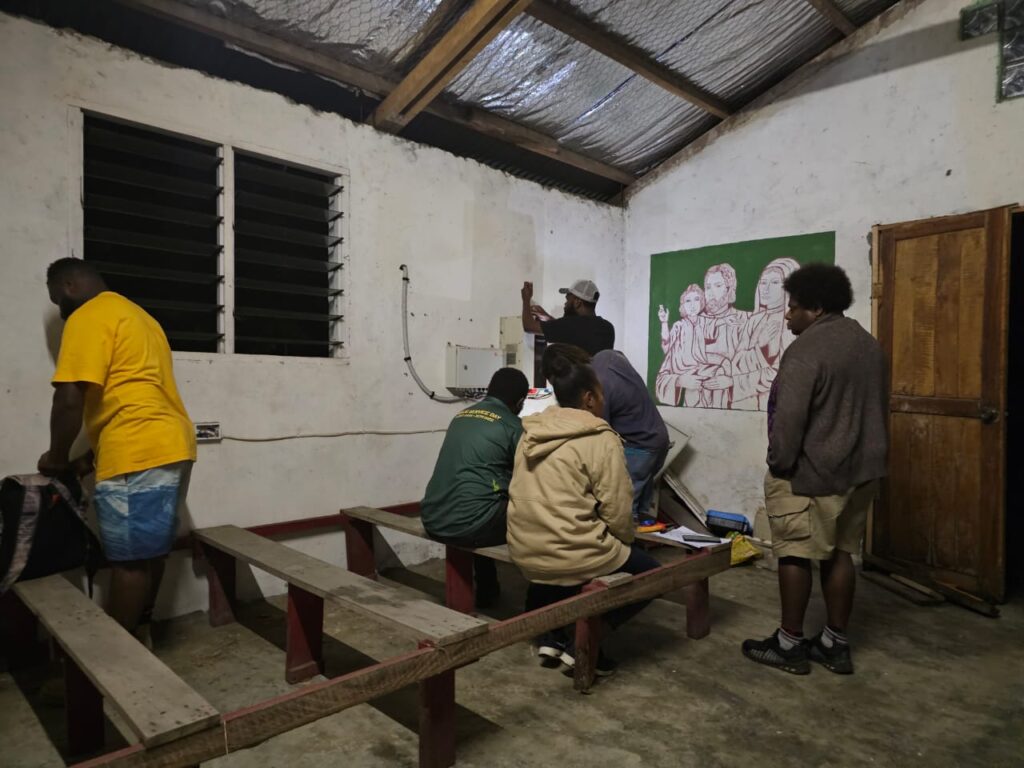
We’ve put together a short video capturing reflections from both trainers and trainees during the opening days of the program. It offers a glimpse into their motivations, first impressions, and the energy in the training room as the program kicked off.
Early Progress
Just days before the close of the program, participants proudly received their certificates of completion from the Vanuatu Institute of Technology—a milestone that marked not just the end of training but the beginning of their journey as community solar technicians. Many shared their gratitude and determination to make a lasting impact in their villages, both in person and through continued conversations with fellow trainees.
The training has sparked a clear rise in confidence, particularly in solar literacy and hands-on repair skills. Participants reported a stronger understanding and increased comfort in diagnosing and fixing solar systems. The chart below shows a marked improvement in self-rated confidence scores, with blue indicating pre-training levels and orange reflecting post-training growth across the cohort
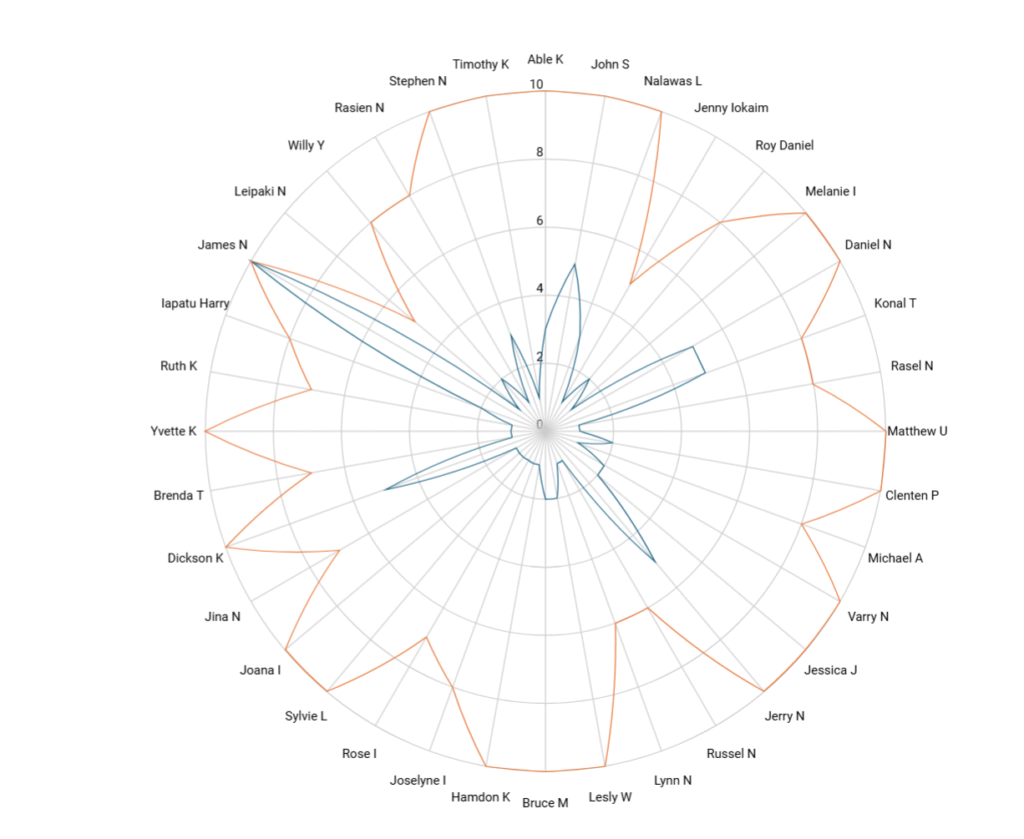
Moreover, we are already getting exciting reports of trainees assessing and repairing a wide range of solar products/systems in the field. Check out this wonderful video we got from one of our budding technicians through the WhatsApp group established for ongoing support and impact assessments. He has already fixed three solar products and a flashlight for his community members.
Our Next Steps
- Refining the vocational training program based on observations and feedback – these resources will be open-access via this website soon.
- Organising a planning day for trainees to develop community action plans (in-person and remotely)
- Monitoring and support for each of the 11 repair hubs – advice, tools and spare parts
- Preparation for a similar vocational training program in Penama Province!
